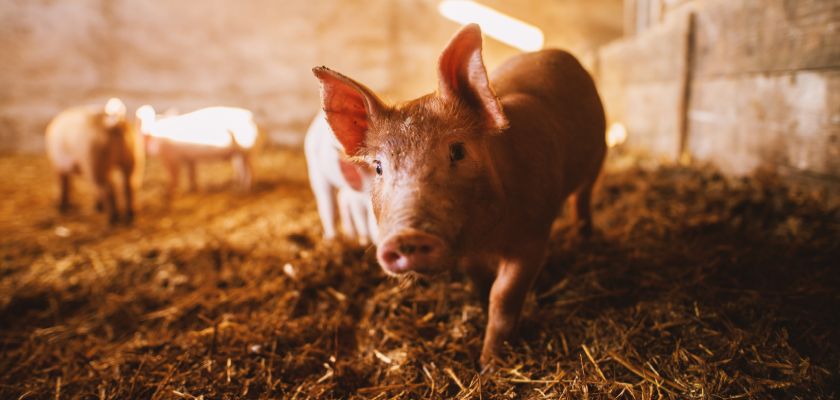-
-
- Council Members
- Role of Council Members
- Council meetings
- Council elections
- Previous election results
- Dr Louise Allum
- Dr Sam Bescoby
- Dr Andrew Clemence
- Dr Tshidi Gardiner
- Dr Reginald Godwin
- Paddy Gordon
- Dr Danielle Greenberg
- Dr Gerard Henry
- Dr Richard Hillman
- Dr Benjamin Kennedy
- Dr Tom Lonsdale
- Dr Darren Partridge
- Martin Peaty
- Alison Price
- Dr Peter Robinson
- Dr Jennifer Simmons
- Dr Sadie Spencer
- Dr Mary Thomas
- William Wilkinson
- Dr Lara Wilson
- Past-Presidents
-
-
-
-
-
- About extra-mural studies (EMS)
- EMS requirements
- Information for vet students
- Information for EMS providers
- Information for vet schools
- Temporary EMS requirements
- Practice by students - regulations
- Health and safety on EMS placements
- EMS contacts and further guidance
- Extra-mural studies fit for the future
-
-
- Code of Professional Conduct for Veterinary Surgeons
- Code of Professional Conduct for Veterinary Nurses
- Contact the Advice Team
- XL Bully dog ban
- 'Under care' - guidance
- Advice on Schedule 3
- Controlled Drugs Guidance – A to Z
- Dealing with Difficult Situations webinar recordings
- FAQs – Common medicines pitfalls
- FAQs – Routine veterinary practice and clinical veterinary research
- FAQs – Advertising of practice names
- GDPR – RCVS information and Q&As
Farm placement hints and tips
Get ready for your EMS farm placement with our helpful hints and tips.

Bring your waterproofs
You may be lucky enough to carry out your farm placement during a beautiful sunny spell, but let’s be real – this is the UK!
Even if you do have glorious sunshine during your time on the farm, rain is not the only thing that can soak you to the skin. Waterproof trousers will become your new best friend, saving your clothes from bodily fluids and iodine stains. Waterproofs can also be easily disinfected, which contributes to biosecurity.
And don't forget your wellies (plus a pair of comfy shoes)
A sturdy pair of wellies are a must; team them with a pair of high-quality wellie socks for maximum comfort and protection. Steel toe-capped wellies can safeguard your feet from injury, but remember they can be heavy, especially when covered in mud.
Layers are key to comfort
When working in the great outdoors, layering your clothing can mean the difference between feeling comfortable and feeling miserable. Start with a practical, short-sleeved base layer, then add an insulating mid-layer like a fleece, and finish off with a waterproof outer layer. You can, of course, add more layers if necessary, for example, an additional mid-layer if it's very cold. This layered approach allows you to adjust your clothing to maintain the perfect body temperature, no matter the weather.
Take a rest whenever you can
If the farmer recommends taking a rest during a quiet period, don't wait to be told twice! You never know when your next chance will be.
Pack a head torch
It’s the middle of the night and there’s an emergency. The farmer has woken you up, telling you to be ready in two minutes. A reliable, hands-free head torch is an essential piece of kit in situations like this. It won't just help you avoid obstacles as you find your way to the emergency, but will also keep your hands free so you can assist if necessary.
Don't forget the snacks
Farm work is unpredictable. It’s guaranteed that just as you're about to sit down to dinner, the ewe you’ve been monitoring all day will need help giving birth. A cereal bar or piece of fruit tucked into your pocket will help you maintain your energy levels. An insulated travel mug with a lid is also invaluable.
Make the most of downtime
It’s unlikely you'll have time to be bored, but it’s good to have some distractions to-hand to help you relax and recharge when your shift has finished. Whether it's a good book or the latest streaming must-watch, taking time out to really switch off is crucial to your mental wellbeing.
Stay curious
Do take the time to research the species and breeds you’ll encounter. Then demonstrate your enthusiasm by asking questions about them, which will help you build on what you’ve learned.
Timing is everything when it comes to asking questions. The best time to ask a farmer why a calf died during calving may not be during or immediately after the event. They may, however, be open to discussing it later.
Show respect to earn respect
Farming is a demanding profession, with farmers and their families frequently working long hours in stressful conditions. Be kind. Be patient. Be grateful. Providers are asked to treat students with respect and professionalism. This professional courtesy is a two-way street. If you have any specific needs or preferences, be sure to communicate them to the farmer ahead of time.
Don't forget the gate!
Always remember to leave a gate as you found it. A farmer might close a gate to contain animals, or leave it open to give them access to other areas.
Practise good hygiene
It's essential to be familiar with biosecurity and preventing the spread of zoonotic disease. Although hand gel is useful, it doesn't replace good hand hygiene. Remember to wear relevant PPE and have dedicated work clothes. Wash everything, including yourself, at the end of the day!
Try not to worry
This type of experience may be very new to you. Be assured that you have a valuable role to play and the team will welcome the extra pair of hands. By the end of your placement you’ll have gained numerous valuable experiences, expanded your professional network and created some wonderful memories!